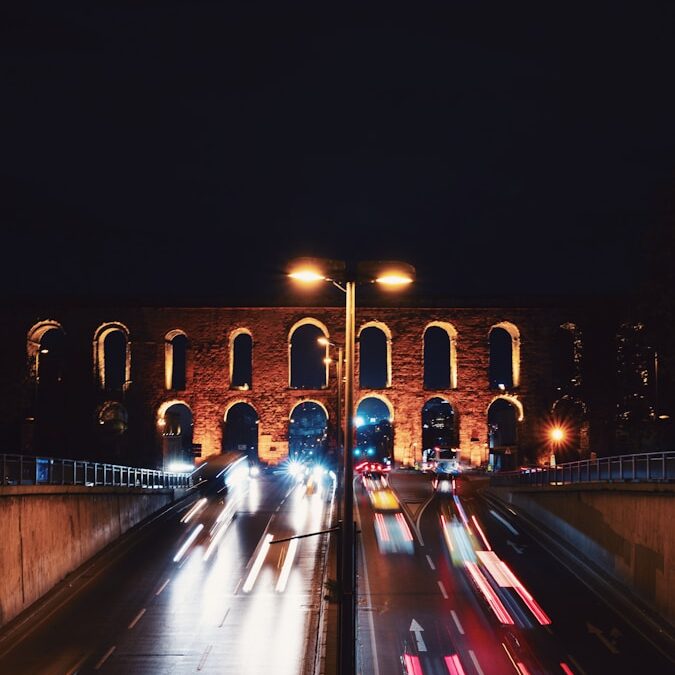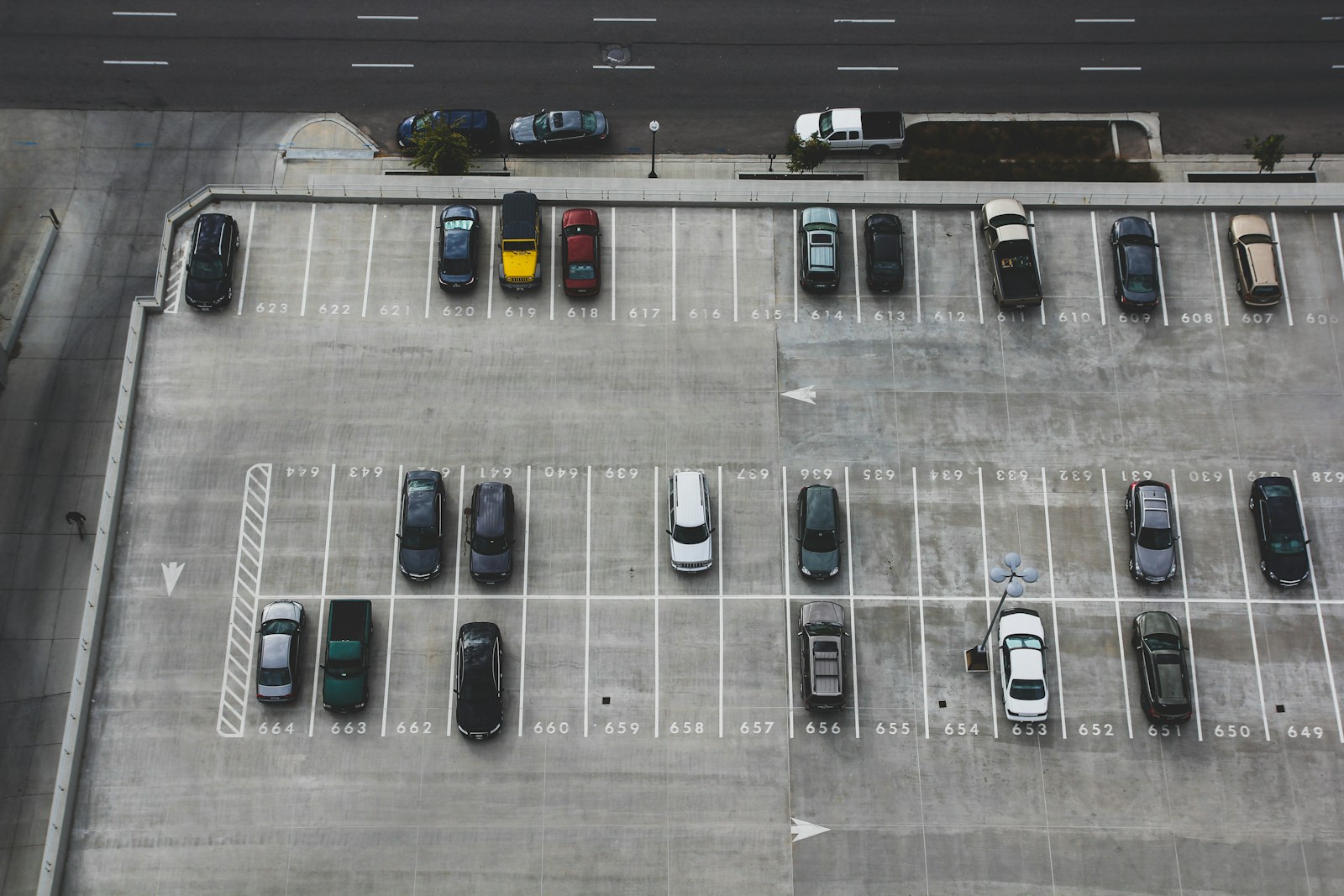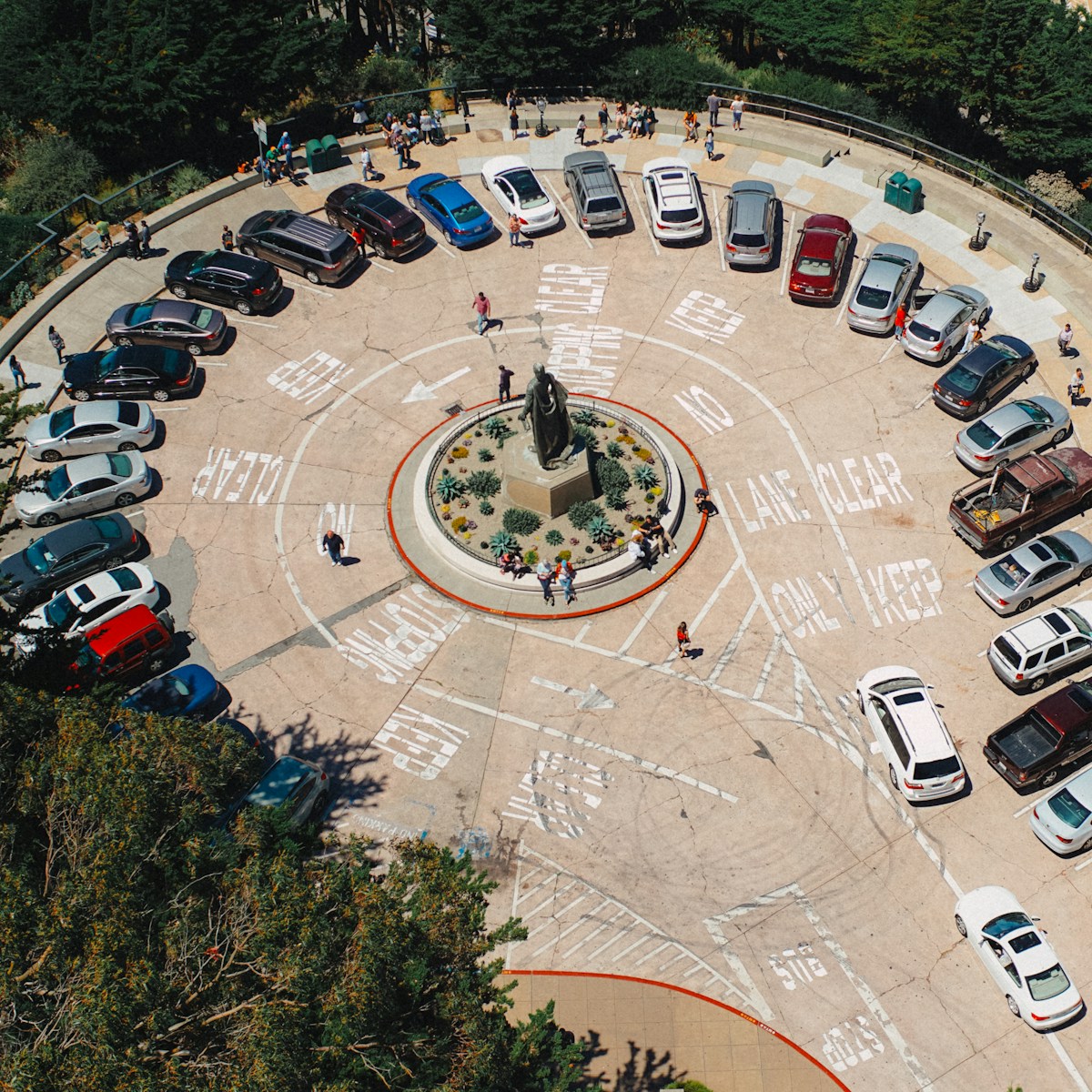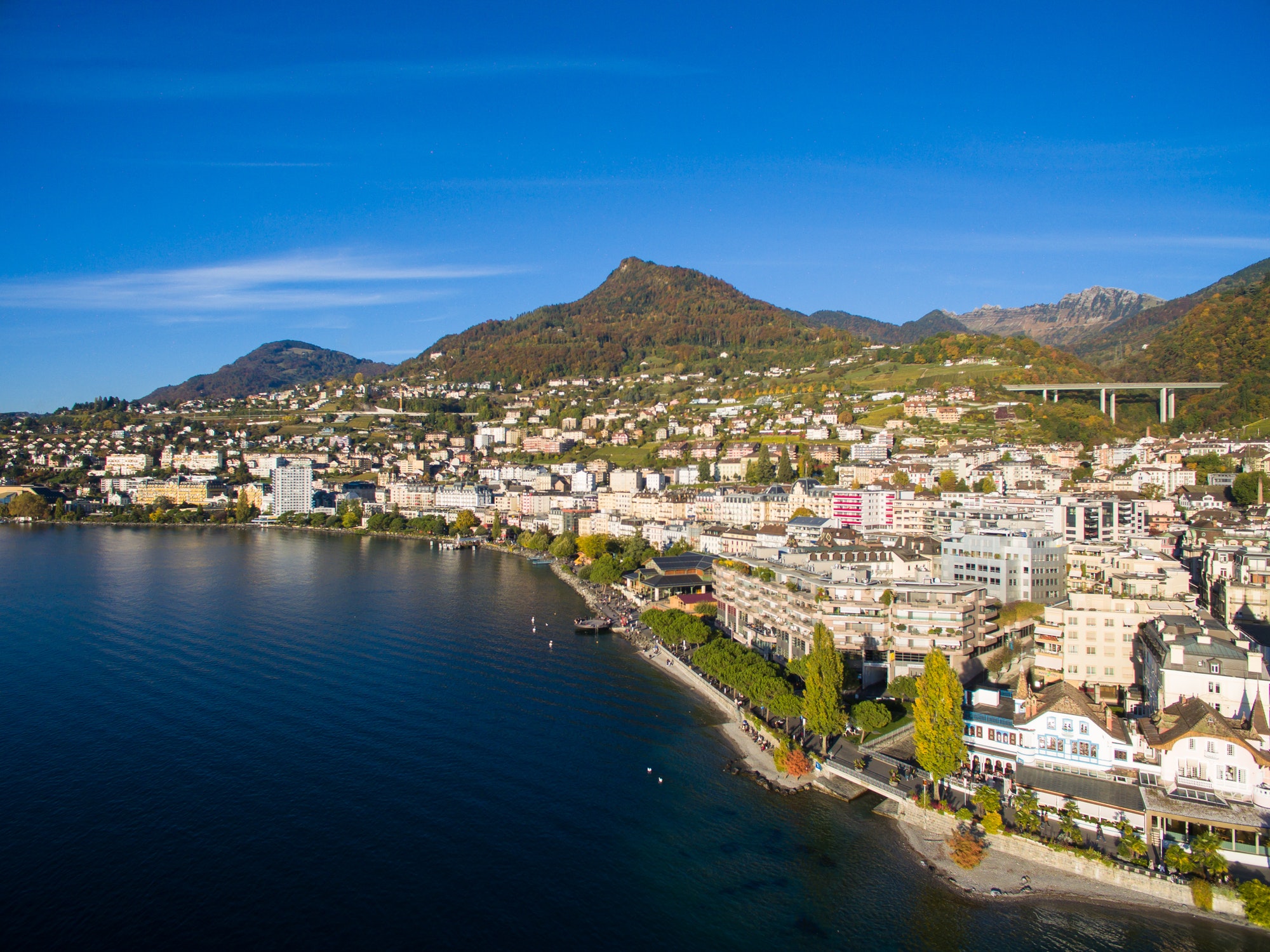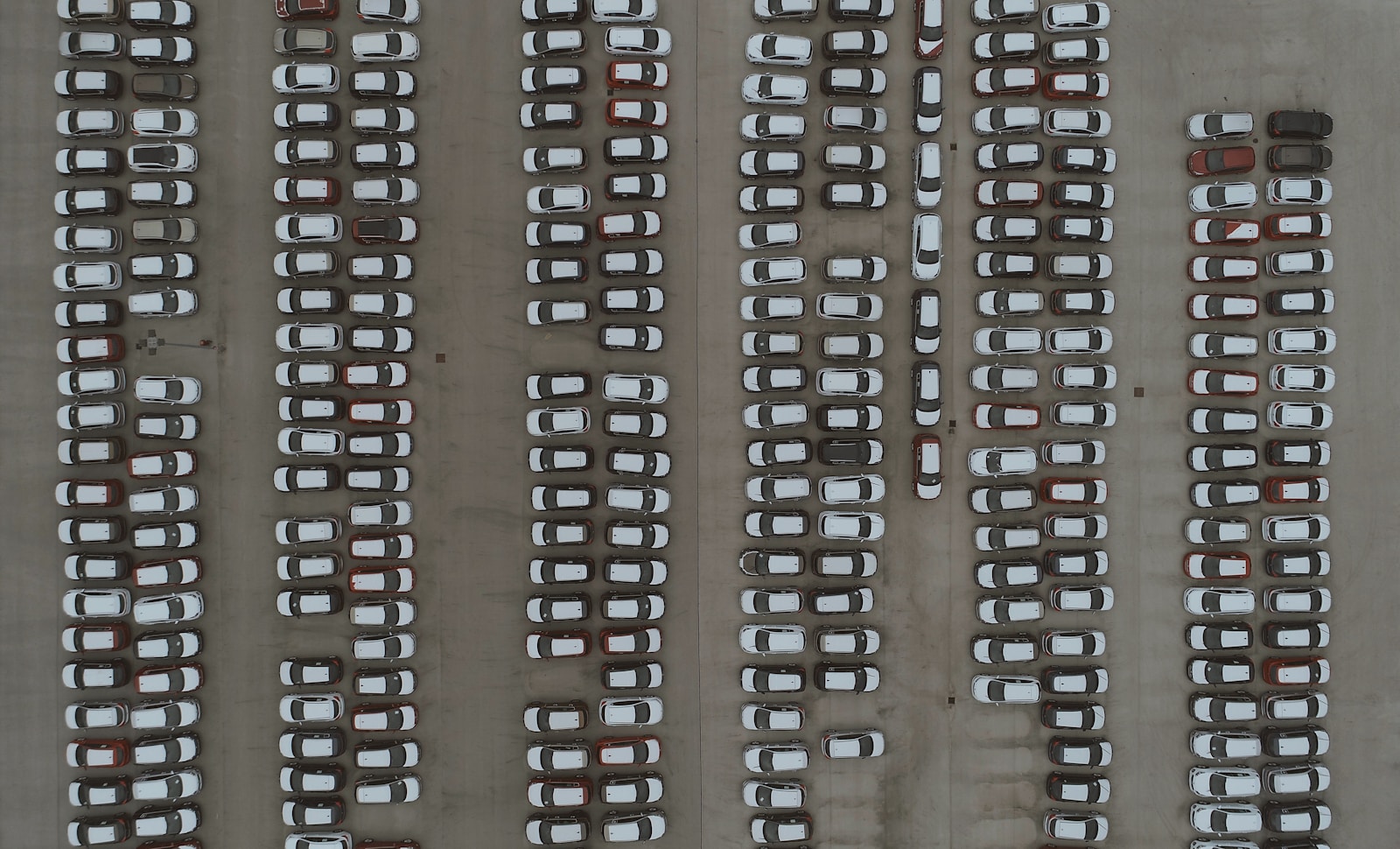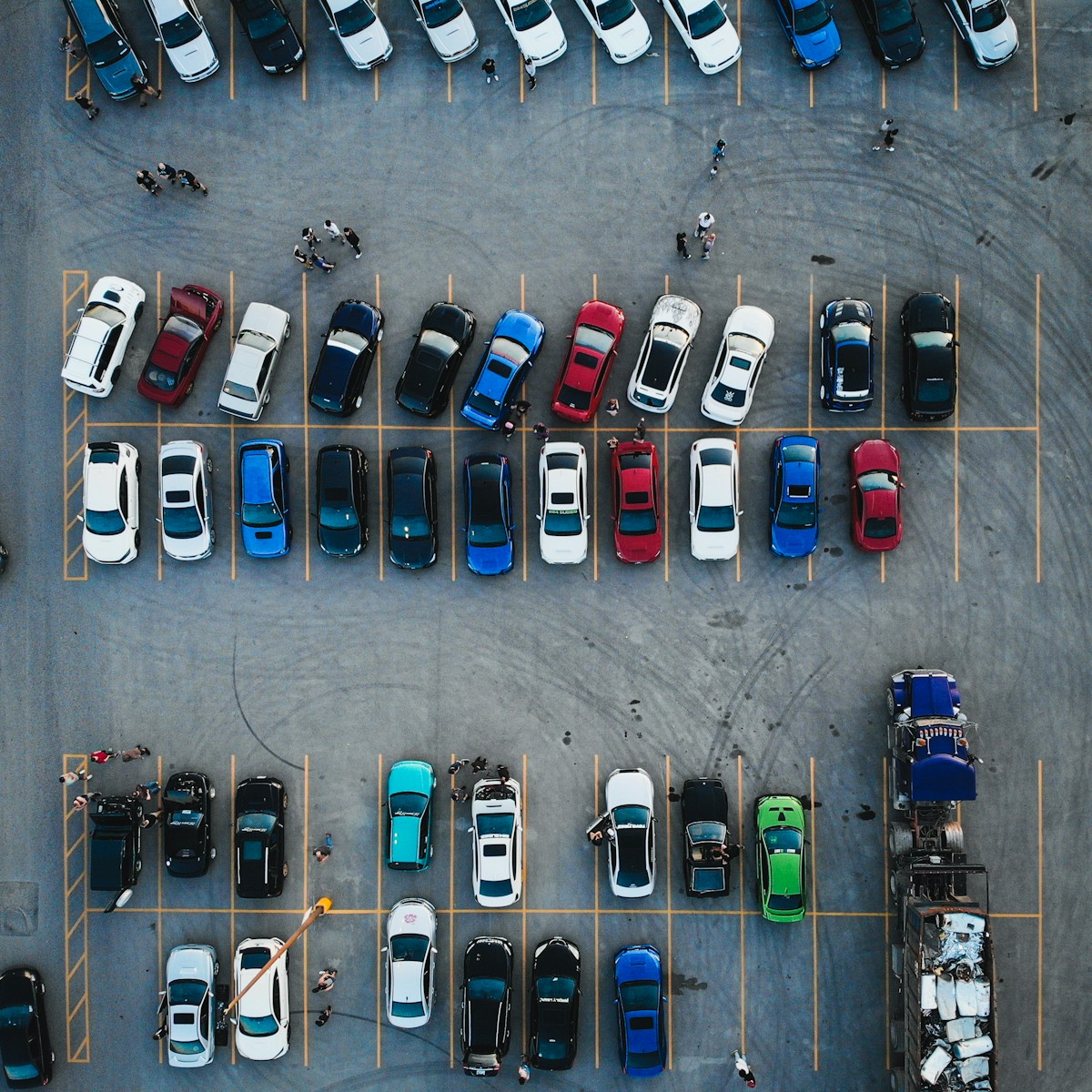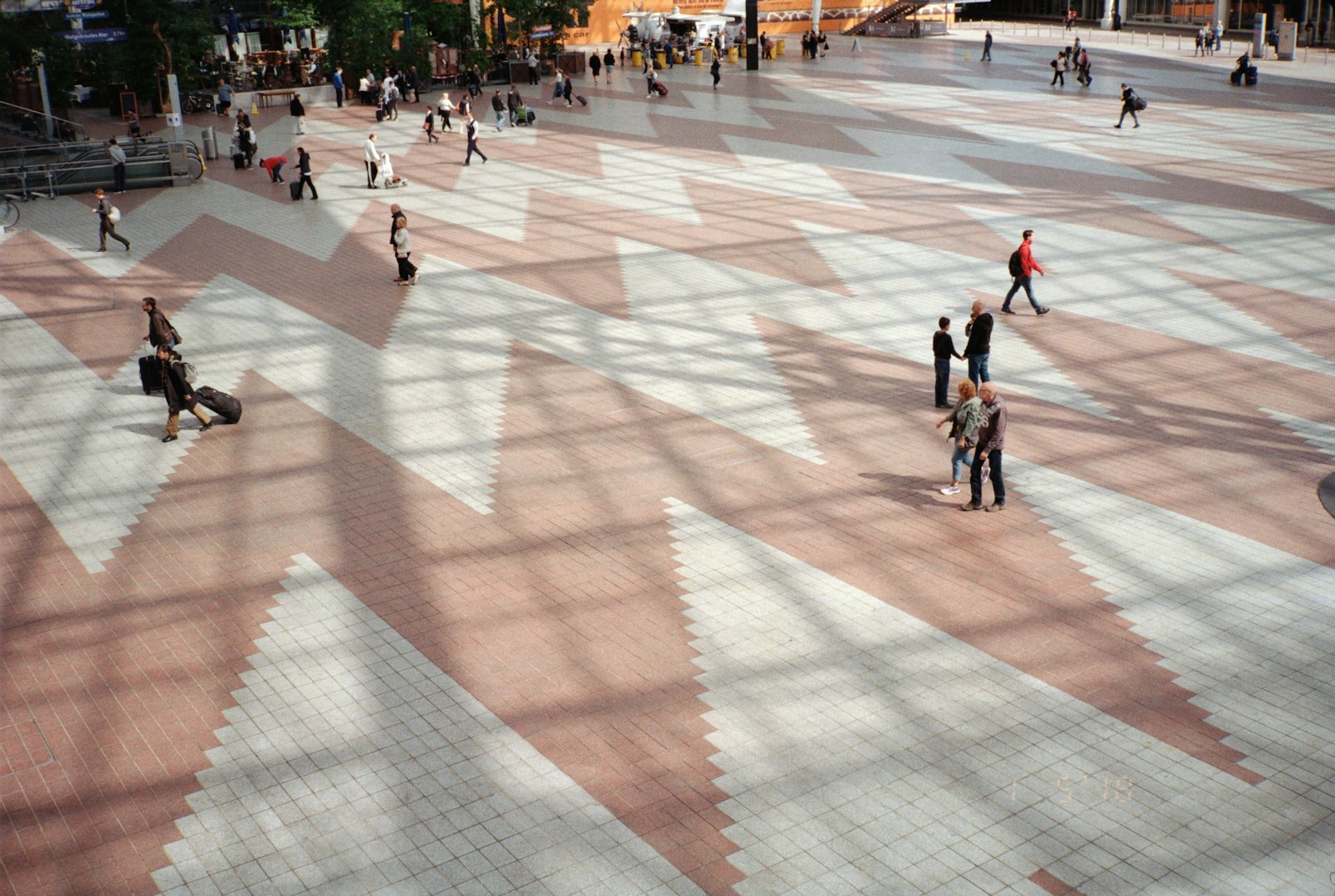Leveraging IoT-Driven Urban Mobility in Smart City Projects
Transforming Urban Mobility with IoT Solutions
IoT-driven urban mobility in smart city projects is reshaping how cities manage transportation and mobility, offering innovative solutions to long-standing challenges like congestion and inefficient public transport. By integrating IoT technologies into urban infrastructure, cities can create more responsive, efficient, and sustainable mobility systems. In places like Riyadh and Dubai, where urban expansion and increased vehicle usage pose significant challenges, smart city projects that incorporate IoT-driven mobility solutions are making a substantial impact. From real-time traffic management to smart parking solutions, these technologies are enhancing the daily commute and contributing to the broader goals of digital transformation and sustainable urban development.
Enhancing Public Transportation Through IoT Integration
One of the most notable contributions of IoT-driven urban mobility in smart city projects is the enhancement of public transportation systems. In Dubai, for instance, IoT sensors and connected devices are deployed across the city’s metro and bus networks to monitor vehicle conditions, track schedules, and provide real-time updates to commuters. This level of connectivity not only improves the reliability of public transport but also enhances the overall passenger experience by reducing wait times and providing accurate arrival information. Similarly, Riyadh’s smart city initiatives include integrating IoT with public transit systems to optimize routes based on real-time traffic data, ensuring that buses and trains run more efficiently and on time. By making public transportation a more attractive option, these cities can reduce the reliance on private vehicles, thereby decreasing traffic congestion and emissions.
Smart Traffic Management for Improved Mobility
IoT-driven smart traffic management is another critical component of enhancing urban mobility in smart cities. In Dubai, intelligent traffic signals equipped with IoT sensors can adjust in real-time based on traffic flow, reducing bottlenecks and improving the overall movement of vehicles. Additionally, connected cameras and sensors provide traffic authorities with a continuous stream of data, enabling them to respond quickly to incidents such as accidents or roadblocks. In Riyadh, the use of IoT in traffic management extends to smart highways that monitor vehicle speeds, identify congestion hotspots, and suggest alternative routes to drivers through connected navigation systems. These innovations not only improve mobility but also enhance road safety and contribute to a smoother, more predictable driving experience.
Building Sustainable Urban Mobility with IoT-Driven Solutions
Optimizing Parking with IoT Technology
Smart parking solutions are an essential part of IoT-driven urban mobility in smart city projects, helping to alleviate one of the most common pain points for drivers—finding a parking spot. In cities like Dubai, IoT sensors embedded in parking lots provide real-time data on available spaces, directing drivers to open spots and reducing the time spent searching for parking. This not only enhances convenience for drivers but also decreases traffic congestion caused by vehicles circling in search of parking. In Riyadh, similar IoT-enabled parking systems are being implemented as part of the city’s broader smart city vision, integrating with payment systems to offer seamless, contactless transactions. These smart parking solutions contribute to the overall efficiency of urban mobility and are a critical step towards creating more livable and accessible cities.
Promoting Sustainable Transport through IoT
IoT-driven urban mobility solutions also play a vital role in promoting sustainable transportation options in smart cities. By providing real-time data on the availability and performance of electric vehicle (EV) charging stations, for example, IoT systems support the adoption of EVs in cities like Riyadh and Dubai. Additionally, bike-sharing programs that are integrated with IoT technologies offer residents an eco-friendly alternative to traditional modes of transport. In Dubai, smart bike stations track bike availability and usage patterns, helping city planners optimize the distribution of bikes to meet demand. These initiatives not only reduce carbon footprints but also support the health and well-being of residents, aligning with the broader sustainability goals of smart cities.
Future Prospects of IoT in Urban Mobility
The future of IoT-driven urban mobility in smart city projects is poised for significant growth, with ongoing advancements in technology paving the way for even more integrated and efficient solutions. As 5G networks expand across Saudi Arabia and the UAE, the increased speed and reliability of data transmission will enhance the capabilities of IoT systems, allowing for more real-time interactions between connected devices. This will enable further innovations, such as autonomous vehicle fleets that communicate seamlessly with urban infrastructure, optimizing traffic flow and reducing accidents. By continuing to invest in IoT-driven mobility solutions, cities like Riyadh and Dubai can ensure they remain at the forefront of smart city development, providing their residents with a safer, more efficient, and more sustainable urban environment.
Conclusion
In conclusion, IoT-driven urban mobility solutions are at the heart of innovative smart city projects, transforming how cities approach transportation and mobility. By integrating IoT technologies into public transport, traffic management, and parking systems, cities like Riyadh and Dubai are enhancing urban mobility, reducing congestion, and promoting sustainability. As these technologies continue to evolve, the potential for further improvements in urban mobility is vast, offering exciting prospects for the future of smart cities. Through strategic investment and a commitment to innovation, these cities are setting new standards for urban living and paving the way for a more connected, efficient, and sustainable future.
—
#IoTUrbanMobility #SmartCitySolutions #UrbanMobility #DigitalTransformation #SustainableCities #IoT #Riyadh #Dubai
